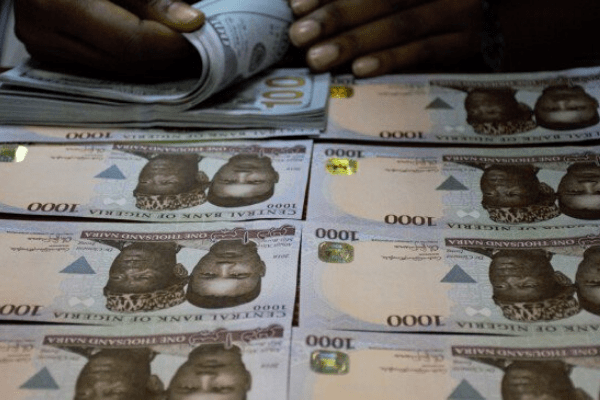Nigerian states have trimmed their foreign debt stock by more than $200 million in the 2024 fiscal year, according to BudgIT’s latest State of States report.
Despite this progress, Lagos remains the most indebted subnational government in foreign currency terms, accounting for over a quarter of the total states’ external debt. BudgIT’s data shows that Lagos, Enugu, and Gombe recorded the largest reductions in foreign debt, cutting $74.56 million, $33.39 million, and $21.88 million, respectively.
Overall, 2024 fiscal year performance marks a notable improvement from the previous period (2022–2023), when total foreign debt across the states only reduced by $74 million.
Lagos, however, still tops the list of the most indebted states, with $1.17 billion in outstanding foreign loans—representing more than 25 percent of all subnational external debt. It is followed by Kaduna ($625.10 million), Edo ($383.05 million), Cross River ($202.46 million), and Ogun ($192.90 million).
This explains why Lagos State did not make the top 10 in the Index B and Index C rankings, which focus on debt sustainability and the ability to take on capital projects after fulfilling loan obligations and operating expenses.
Read also: Nigeria’s public debt drops by $19 billion under Tinubu administration – NOA
The report also reveals a sharp decline in domestic liabilities. In the same period, 31 states reduced their domestic debt by at least ₦10 billion, with Lagos, Cross River, and Delta each cutting over ₦100 billion. Altogether, subnational domestic debt dropped by more than ₦2 trillion, signalling growing efforts by state governments to manage their overall debt exposure.
BudgIT attributed these improvements to tighter fiscal management and growing transparency at the state level but warns that sustainability will depend on states’ ability to grow independent revenues and control recurrent spending.
“Between 2022 and 2023, only 15 states reduced their domestic debt, with 12 achieving reductions exceeding ₦1 billion. In contrast, 2024 saw 31 states decrease their domestic debt by at least ₦10 billion, with Lagos, Cross River, and Delta each reducing debt by over ₦100 billion. Collectively, this led to a cumulative decline in domestic debt exceeding ₦2 trillion, signalling meaningful efforts to manage subnational liabilities,” BudgiT said in its statement.
This situation raises concerns about Nigerian states’ exposure to foreign exchange rate risks amid a volatile naira. In terms of debt composition, BudgIT’s report shows that 24 states had foreign debt accounting for more than half of their total liabilities in 2024. Eight states – Kaduna, Jigawa, Ondo, Ebonyi, Katsina, Anambra, Edo, and Kebbi – had foreign loans constituting over 80% of their total debt.
Read also: IMF sees Nigeria’s debt-to-GDP easing to 35% by 2026
The BudgIT Index C ranking, which focuses on debt sustainability, shows Akwa-ibom, Delta, Bayelsa, Zamfara, and Yobe states as the top five. In the bottom five are Kaduna, Edo, Cross river, Lagos, and Bauchi.
The ranking shows how much fiscal flexibility the states have to borrow if needed, and weighs their debt burden relative to their revenue.
According to the report; “states that rank lower on Index C need to check their appetite for the acquisition of more debt as they appear to be either above or very close to the solvency thresholds for debt-to-revenue ratio, foreign debt to total debt ratio, debt service-to-revenue ratio, and personnel cost to revenue ratio.”
Commenting on the report, Vahyala Kwaga, BudgIT’s Group Head of Research, said the new report shows growth and need for further reforms, especially in cutting waste.
“This 10th edition not only reflects the story of growth and imbalance but also underscores the urgent need for reform,” Kagawa said. “Fiscal sustainability requires that states look inward, improving revenue systems, cutting waste, and prioritising infrastructure and human development investments that deliver long-term value.”

